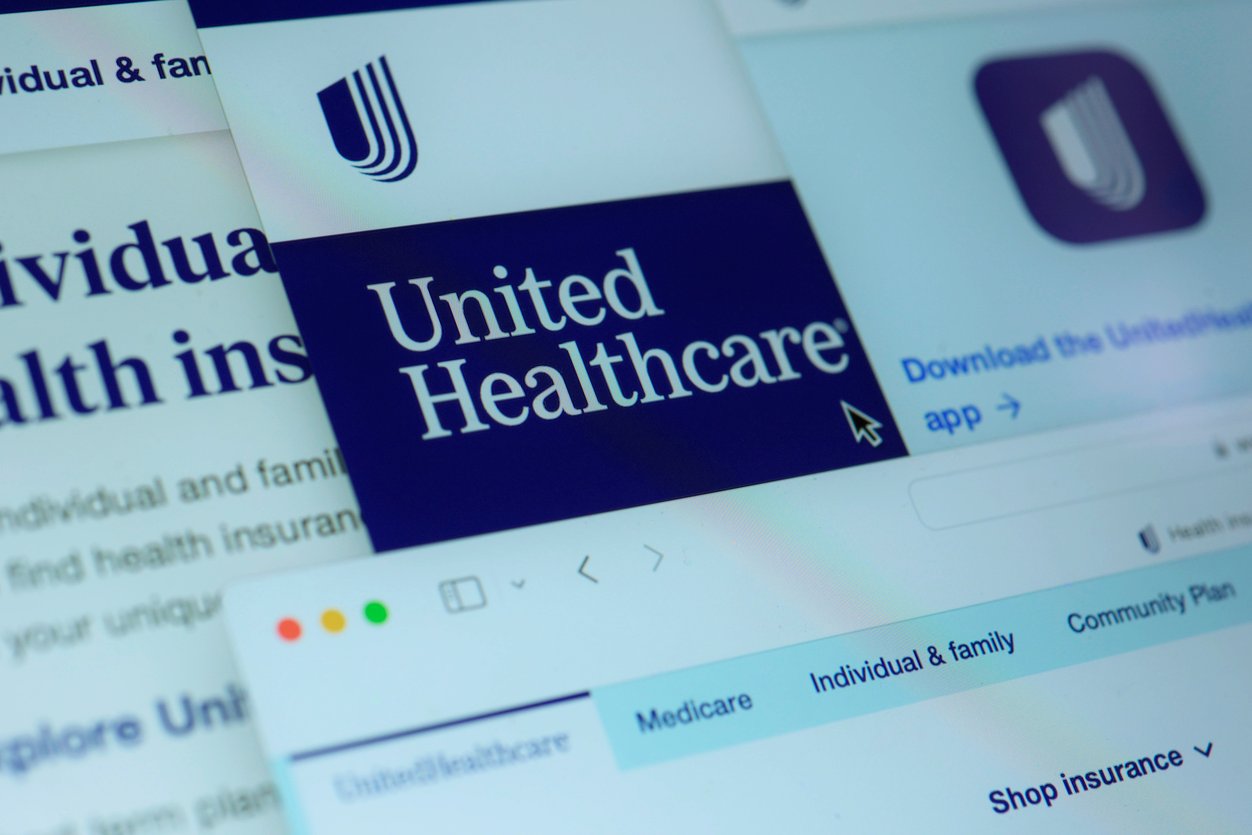health care
Change Healthcare payments should resume by the end of this week

Patrick Sison / AP
UnitedHealth Group, the parent company of Change Healthcare, said it'll have its electronic payment function up and running by late this week after a cyberattack took many of its systems offline. But its claims network and software will take longer to restore.
Since the company announced the attack on Feb. 21, hospitals, pharmacies, and other health care providers have had varying degrees of difficulty getting paid for their services, with some racking up significant claims backlogs. While Change clients wait, UnitedHealth said it strongly recommends they use the workarounds it has established, particularly its new claims submission system.
"The prospect of a month or more without a restored Change Healthcare claims system emphasizes the critical need for economic assistance to physicians, including advancing funds to financially stressed medical practices," said Jesse Ehrenfeld, president of the American Medical Association. Read more from STAT's Tara Bannow on when and how UnitedHealth expects to get its systems up and running.
obesity revolution
Wegovy gets FDA approval to add cardiovascular benefits to its label
U.S. regulators approved a label expansion for Novo Nordisk's obesity drug Wegovy to tout its benefits for the heart, a move that could boost demand and insurance coverage for the already highly popular treatment, reports STAT's Elaine Chen. The new label indicates that Wegovy can reduce the risk of major heart complications — including heart attack, stroke, or cardiovascular-related deaths — for people with overweight or obesity and existing heart disease, Novo said in a statement on Friday. Novo said it has also filed for a label expansion in Europe and expects a decision this year.
Read more from Elaine on the study results that led to the decision, and what we do (or don't) know about the mechanisms behind the benefit.
research
Study finds childhood cancer survivors aren't getting the tests they need in adulthood
Most adult survivors of childhood cancer are not up to date with their recommended surveillance tests, despite increased risk for certain conditions, per a new study published in the Canadian Medical Association Journal. Among 3,241 survivors in Ontario, Canada, 99% were at elevated risk for cardiomyopathy, 10% for colorectal cancer, and 7% for breast cancer based on treatment they received as children. But only 53%, 13%, and 6% of those groups, respectively, had adhered to recommended surveillance.
The researchers noted that the results mirror low proportions of adherence to guidelines in the U.S., despite the fact that health insurance is rarely a barrier there like it is here. They hypothesize that a lack of knowledge about the likelihood of late effects from childhood treatment among survivors and their doctors is a major barrier.
No comments